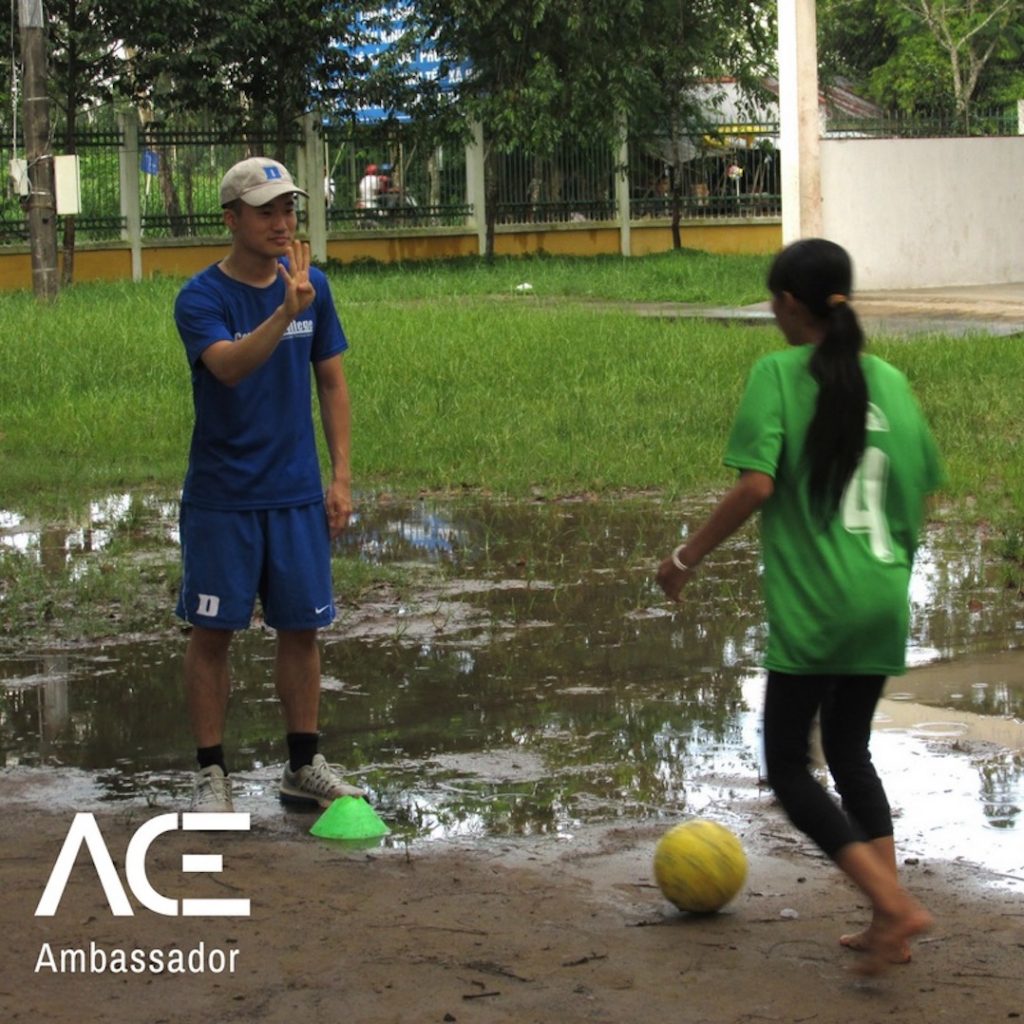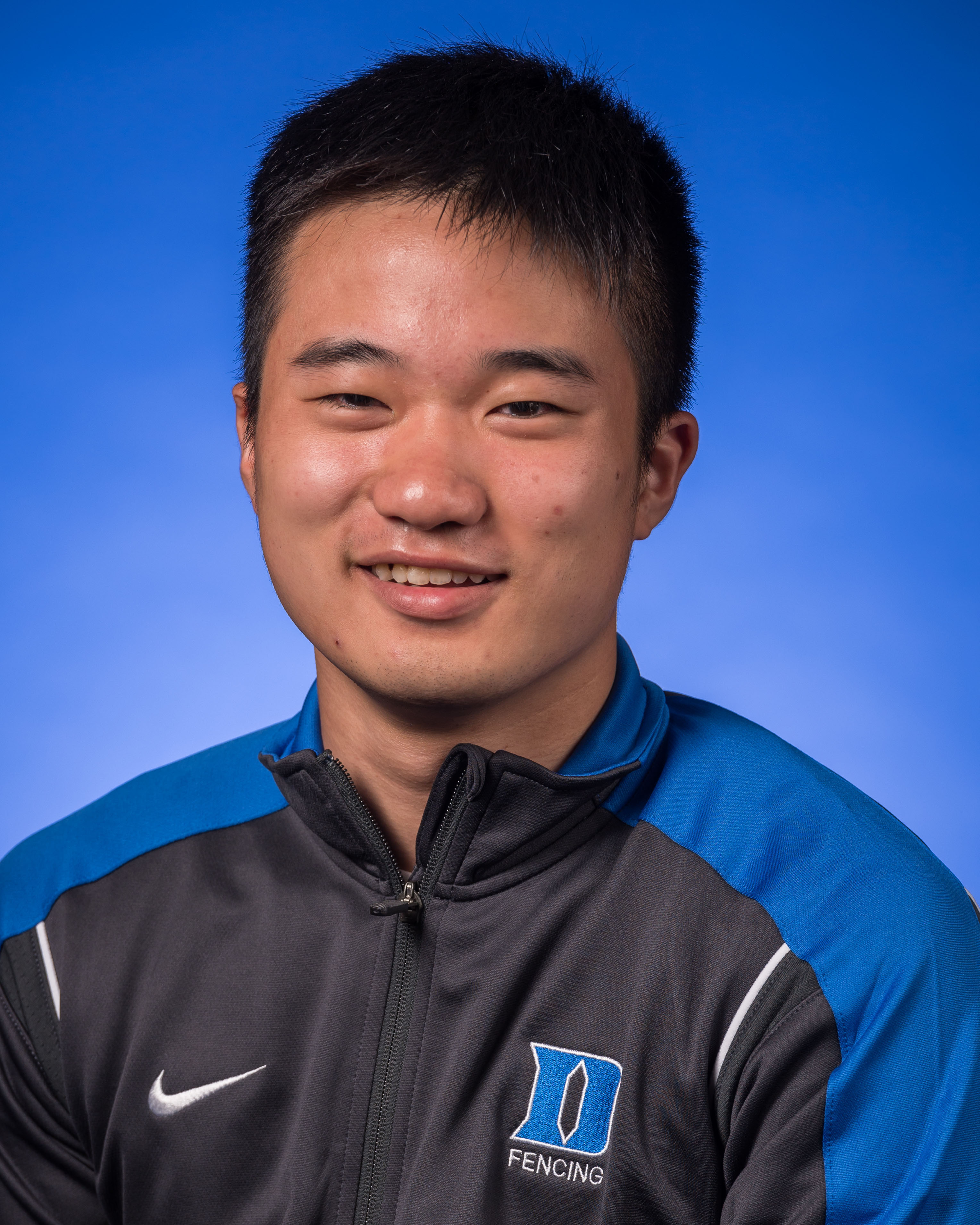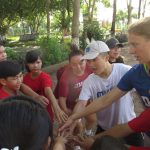[ACE is worth it to me] because I know that as a Duke student-athlete, especially as a student of color, I am incredibly privileged to be attending an elite American university. “Knowledge in the Service of Society,” one of the key tenets of a Duke undergraduate education, requires that all Duke students, including student-athletes, engage with our global society to the best of their abilities, and ACE will definitely be an integral part of that experience for me.
As part of the ACE in Vietnam program, participants will teach academics, sports and life skills to students at under-resourced middle schools in the Mekong Delta with the aim of encouraging them to prepare for higher education.
Alan’s past experiences with service include his position on the editorial board of the Duke Chronicle; serving on the advisory board for Duke Libraries, of which he is an employee; and membership in the Asian American alliance and the Duke History Revisited fellowship. With his teammates, he participates in Project Share, an initiative among student-athletes to raise money for underprivileged Durham residents during the holidays.

Dear Future #ACEathletes,
- Best advice for learning about ACE: Choose a program that you are genuinely interested, not just one that your teammates did last year. ACE is all about making an impact, and each program makes its own impact in different ways. My ACE program (ACE in Vietnam) focused on cross-cultural education in a rural setting with our wonderful Vietnamese university peers. Definitely attend one of the information sessions that ACE holds. I attended one of them, and it was extremely helpful in ultimately deciding which ACE program I wanted to apply to. I also talked extensively with Alex Merriman, a teammate and ACE in South Africa alum who know is pursuing his MD/Ph.D, about the opportunities ACE can provide a student-athlete. Finally, I talked with my coach for permission and his recommendation, which is key for the application!
- Best advice for applying for ACE: Definitely really work on your essays, since they’ll reveal to Emily and the ACE admissions readers who you are and why you are interested in ACE. Definitely don’t start your application the night before, and really spend a good month fine-tuning it. I started on my application during winter break, just so I could get a head start before the crazy early semester frenzy.
- Best advice for getting started at your program: My first days at the service site were hectic to say the least. The language barrier, the climate, and the local culture definitely took some getting used to. It really helped that Rachel, an ACE alum from last year, was on-site to really guide us in the right direction whenever we felt stumped. It comes pretty naturally, getting to know everyone in your ACE program. When you’re working together 24/7, you just talk about things and get to know each other on an intimate level. To measure success, specifically with my ACE in Vietnam cohort, we measured our success in gauging how much we could get the kids we were teaching to really laugh and become excited in whatever we were teaching (English, soccer, or even teaching them “J.D is smelly”).
- Tips for getting to know your community: The language barrier proved to be difficult at times when trying to get to know our students. But sports are such a universal language and it really helped to just juggle a soccer ball or even small things like counting to ten (or at least attempt to) in Vietnamese with the kids we were teaching. Just being active and smiling went a long way. The Vietnamese university students we were working with also helped us to adjust culturally to rural Vietnam. From helping us to barter for rice hats in the local marketplace to warning us of the dangers of certain food products, they were really helpful! After spending about a month in rural Vietnam, I have come to realize that we take so many things for granted in the United States like air conditioning and drinking water. Moreover, I am definitely now more open to traveling to unfamiliar places and trying new cultural experiences.
- Tips for training: It definitely was quite a hassle keeping fit in rural Vietnam, where the humidity and temperature can be at times unbearable to say the least. Reagan (a Stanford rower) and I often went on jogs in the morning around the town we were staying in. One time during the weekend, we even got lost for two hours while jogging on an island in the Mekong Delta! Also, my ACE roommate (Kevin, a Duke football player) and I sometimes went to this gym 10 minutes away from our guesthouse that had dumbbells and weights to do lifts. Because you are teaching and coaching for the majority of the day, it’s difficult at times to find the time to workout, but when you’re with a community of nine other highly accomplished student-athletes, it definitely motivates you.


